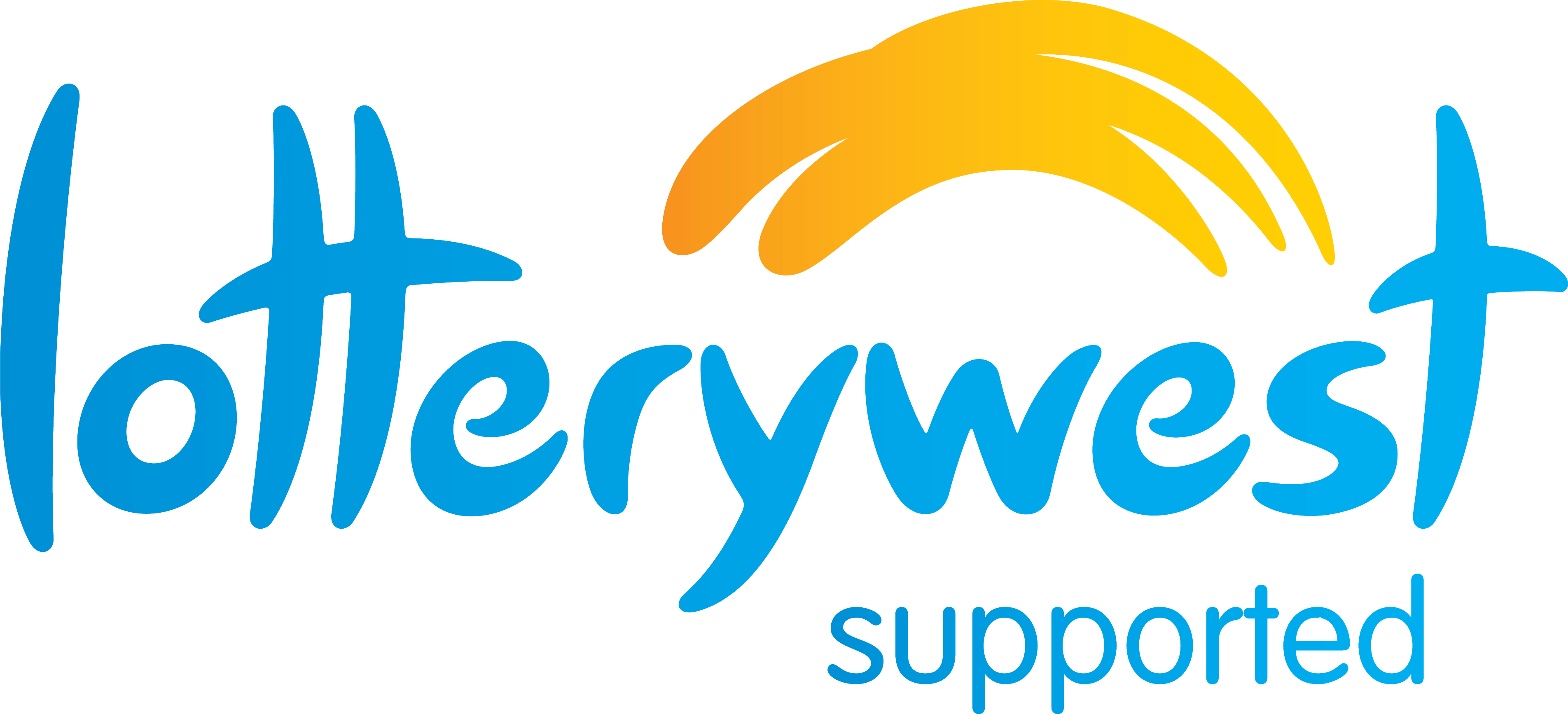Menu
Housing First can deliver considerable cost benefits, while simultaneously achieving positive outcomes and ending homelessness for many individuals. Studies show how the fragmented and piecemeal design of the staircase response to homelessness continues to cost the taxpayer more in temporary shelter, health and judicial system-related costs.
To illustrate the point, an independent evaluation of the 50 Lives 50 Homes program in Western Australia calculated a cost-saving of over $400,000 to the health system among 44 clients within the first 12 months of receiving permanent housing coupled with flexible wrap-around suppor
Similar evidence has been demonstrated across North America and Europe. In the US, evidence from the Community Solutions’ 100,000 Homes program showed that the average annual cost of providing Housing First came to US$24,190 per client compared US$56,350 for emergency, inpatient and crisis services to a homeless individual under the staircase model. By a similar token, the evaluation of a UK Housing First service calculated the average total costs for delivering Housing First at an estimated £9,500 per person, per year. This is approximately 40 per cent lower than the annual costs required for temporary shelter housing and emergency health and services typically under the treatment first and housing readiness approach to homeless intervention
Housing First programs have demonstrated high housing sustainment rates of 80-90 per cent can be achieved and maintained over long periods.
Given the client-focused nature of Housing First, the evidence base shows that immediate access to permanent housing with wrap-around support…

